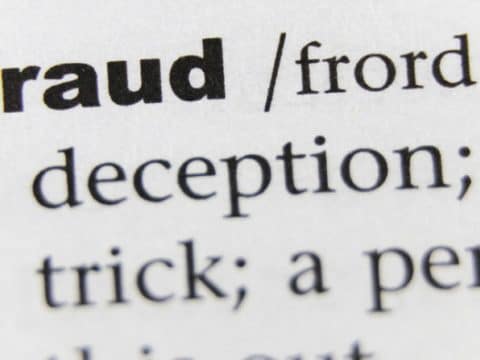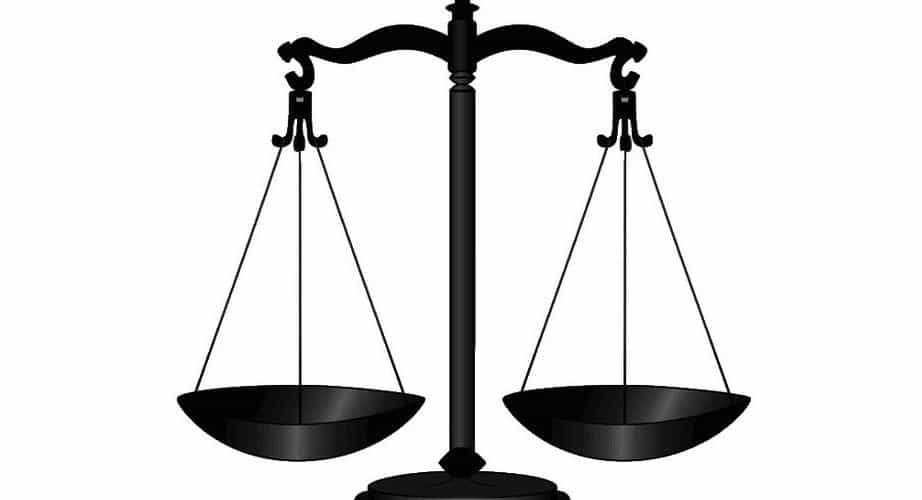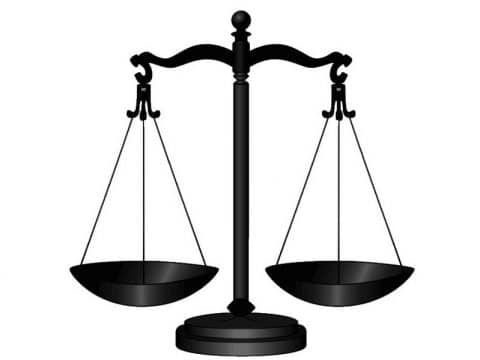
Can you go to jail for bank fraud?
October 28, 2019
What is considered embezzlement?
November 7, 2019
Tax fraud as a general matter is very difficult for the government to prove because they have the burden to show the court that the taxpayer has intentionally defrauded the government out of tax revenue. Proving that a taxpayer knowingly violated the highly complicated Internal Revenue Code is a very difficult task, so the government often chooses to pursue the taxpayer civilly for simply underpaying tax, which does not require proving that the taxpayer intentionally underpaid their taxes. As a practical matter, if the taxpayer has any reasonable legal argument for why they did not pay the tax due they will usually beat a criminal charge.
Tax evasion is a subset of tax fraud. “Tax evasion” is typically used in the criminal context, as in someone who is charged with the crime of tax evasion in violation of 26 USC § 7201. Tax evasion usually entails a deliberate act of misrepresentation of taxable income to the IRS. Common examples of acts which could result in a charge of tax evasion are: not declaring all your income, deliberately overstating expenses or deductions, or failing to file tax returns when you have taxable income in an attempt to avoid detection.


